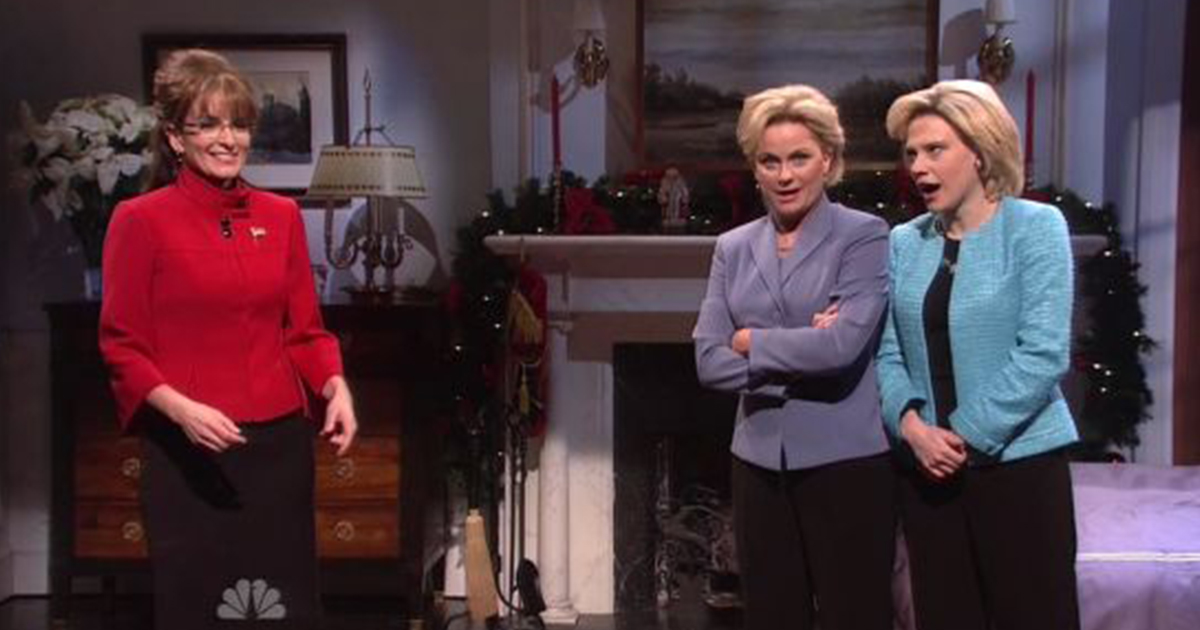Ever since the Supreme Court ruled the Citizens United case in 2010, saying that political spending is free speech protected by the First Amendment, outside campaign spending has increased fivefold.
In Citizens United v. Federal Election Commission, the Supreme Court ruled in favor of Citizens United in a 5-4 vote. Corporations and other wealthy private contributors flocked to the aid of their candidates. Outside groups can’t give directly to campaigns, but they can still purchase ads that endorse their choice candidate.
In 1990, political contributions were modest by today’s standards. Dollar amounts remained from around the high thousands to low millions, with small spikes in presidential election years. Contribution amounts greatly increased in the 2004 election and then again in 2008. When the ruling was made in 2010, total political spending by independent contributors hardly scraped $200 million. In the 2012 election year, independent contributors spent about $1 billion on political causes.
Before 2010, liberal contributors’ donations usual doubled that of their conservative opponents. That monetary advantage shifted to the right and then became lopsided after the Citizens United ruling. By 2012, conservatives spent nearly $900 million on political causes, liberals spent just over $300 million. As contributions increased, disclosures decreased, immensely.
In 2004, nearly 100 percent of contributors gave full disclosure on their donations. That percentage dropped to 40 percent of contributors giving full disclosure in 2012. Decreased disclosure causes a few problems in that in mainly encourages corruption and stifles information to voters. The 1976 campaign finance case Buckley v. Valeo, as reported by Slate, outlines the reasons that contribution disclosures are necessary.
In the Buckley v. Valeo decision, the Supreme Court said that disclosure laws combat corruption in that bribery is less likely to occur when the money isn’t shrouded by anti-disclosure laws. Disclosure laws also keep voters informed about the transfer of funds from donor to political end, thereby keeping contributors on constant notice about how they maneuver their money.
But mostly Republican contributors loved the new dark money policy approved by the Supreme Court, until election day in 2012 that is. The Washington Post reported on the ineffectiveness that dark money had on the election.
Individually, Obama and Romney were about evenly matched in donations, most of which were spent on political attacks ads. Republican ads groups overtook opponents’ attack ads in frequency and money, however, Senate Republicans lost the White House seven seats to Democrats. With campaigns whose total price tag more than quadrupled that of the Democrats, the left proved that money doesn’t win elections.
Josh is a writer and researcher with Ring of Fire. Follow him on Twitter @dnJdeli.

